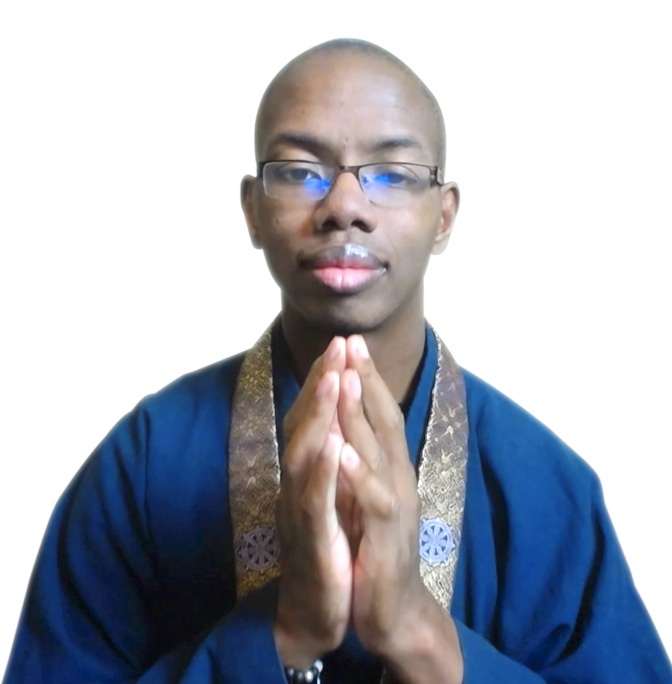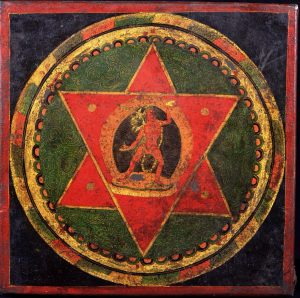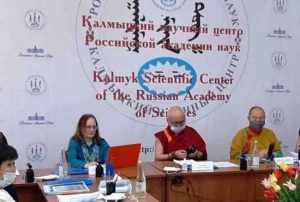
The men in my family have strange hands. They are callused and thick, like dinner plates. Some of them have scars, like those of my father who scalded his hand while draining the water heater in my childhood home. Some of them are deformed, like those of my great grandfather who lost a finger to a piece of machinery in the factory where he worked.
The men in my family are blue-collar to their core, making their livings in farms, factories, and railroad yards. And their hands tell the stories of their lives. Every gnarled finger and patch of torn flesh is a story, a testament to how they built their lives through hard work and skinned knuckles.
There were scars, but there we also victories.
I always felt a bit out of place as someone who makes his living on a laptop. Aside from the occasional stuck key on my keyboard, my hands were rarely called to build something tangible in the world. They never hauled lumber or swung hammers. Thus my hands remained soft, with few stories to tell.
That changed when I began homesteading. Overall, the property was in good shape, but we were missing a lot of the necessary infrastructure to care for animals and grow food. So I had to build it.
I started by putting in vegetable beds. This was my first foray into lumber and power tools, and it was both easier and harder than I had expected. It was easy enough to build one bed. It was just four pieces of lumber screwed together to make a rectangle with wooden posts at the corners. It was much harder to build 11 more, and then place them in the garden space, and then fill them with soil.
Of course, the fun didn’t end there. I still had to plant seeds in them, nurture my plants, and harvest the vegetables at the appropriate time.
While doing that work, I got more splinters in my hands than I can count, and blisters in the space between my index finger and my thumb from using a shovel and a rake on the soil.
But I was also able to harvest corn that grew taller than I am. And I was able to make tomato sauce—using tomatoes that I had raised from seeds.
Later, I built a pergola so that there would be a shady place in the garden to sit and relax. Sometimes, when I’m sitting beneath it reading a book, I think about the time I was sawing lumber for the roof and the wood slipped, sending my hand toward the saw blade.
Thankfully, the saw guard did its job. Otherwise I might have lost a finger like my great grandfather did.
As it stands, my hands are usually covered in all kinds of blisters, cuts, and scrapes during the growing season. They are pinched between boards, nicked by pruning shears, and I’ll admit to smashing my thumb with a hammer more than once.
But as my hands thicken and callus over each new wound, I realize that this is all just a part of the process. When we use our hands to change things for the better, it is inevitable that they’ll receive a scratch or two.
The first noble truth of Buddhism tells us that “life is suffering.” But my work on the homestead and the example set by the men in family shows that suffering isn’t always bad.
Sometimes, it’s a sign that we’re doing something important, something hard. And the wounds on our hands are simply a sign that we’re willing to do the right thing, even when it’s a bit uncomfortable.
Namu Amida Butsu
Related features from BDG
All Buddhists Belong to the Same Family
Manual Labor and the Bodhisattva Vows
What Helps Us through This? A Collaborative Enquiry
Family Matters: Taking Turns Parenting in Retreat
Working with Attachment and Family
Buddhistdoor View: Balancing “Family” Love with Love for All Beings












